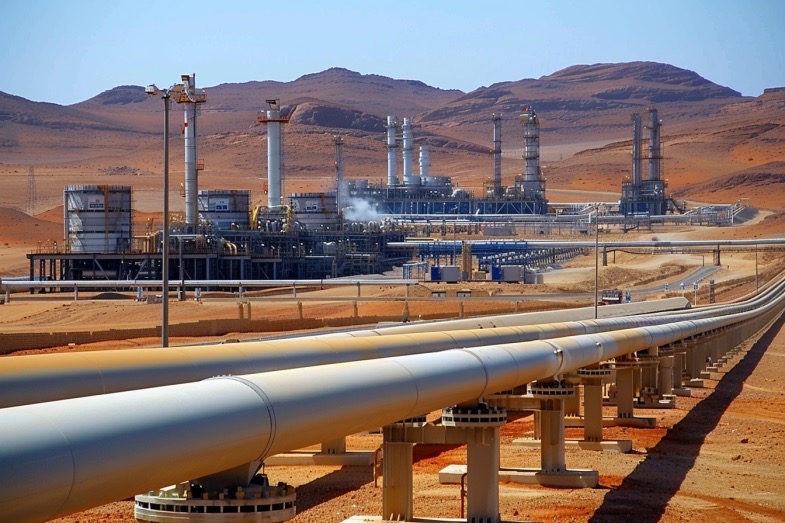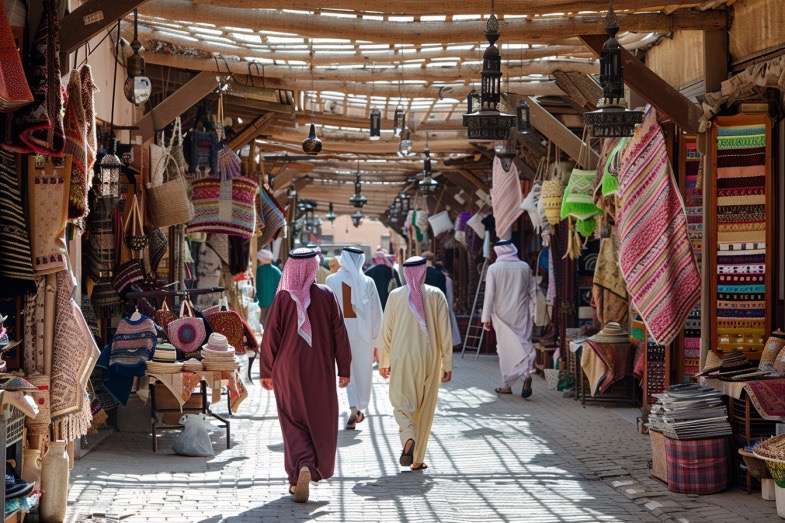Israeli Military Strikes Cause Fear and Despair in Eastern Rafah
GAZA — As Israel airstrikes pound Gaza’s southernmost city of Rafah, Palestinian civilians are forced to evacuate, leaving behind their homes and shelters. The Israeli military ordered the evacuation of eastern Rafah, sparking fear and despair among residents.
Despite hopes for a ceasefire after Hamas accepted a proposal on Monday, Israel rejected the terms and continued its offensive on Rafah. By Tuesday morning, Israeli airstrikes had killed 23 people, including six children, according to hospital officials in southern Gaza.
The Israeli military claimed “operational control” of the Rafah crossing, a crucial entry point for aid transport into Gaza from its southern border with Egypt.
Israel Defense Forces (IDF) spokesperson Nadav Shoshani stated that the military was conducting a “precise counterterrorism operation” to eliminate Hamas terrorists and dismantle their infrastructure in eastern Rafah.
Hamas described the situation in Rafah as a “humanitarian catastrophe,” putting over 1.5 million displaced Palestinians at risk.
Residents fleeing the area shared harrowing experiences with CNN, recounting the chaos and destruction caused by the Israeli military’s evacuation order.
One man, Rabee Gharableh, expressed the difficulty of leaving his home for the seventh time, witnessing civilian houses being targeted and feeling the arbitrary shelling.
Another woman, who chose not to disclose her name, narrated fleeing from death multiple times with her children, enduring suffering and humiliation since the war began.
The conflict started on October 7, with Hamas militants killing over 1,200 people in southern Israel and taking hostages. In the ensuing seven months, Israel’s bombardment of Gaza has claimed over 34,600 lives and displaced more than 1 million Palestinians to seek refuge in Rafah.
Witnesses in Rafah described a scene of panic following the evacuation order, prompting appeals from world leaders and humanitarian groups to halt the assault.
As people fled on overloaded vehicles to Al-Mawasi, a town unsuitable for habitation, they expressed uncertainty and loss of hope for the future.
The closure of the Rafah crossing by the Israeli military disrupted humanitarian aid efforts, exacerbating the crisis for over 2 million people in Gaza.
Aid groups raised concerns about the impact of the Israeli operation on relief efforts and the worsening hunger and medical conditions in the region.
Despite international condemnation, Israel pressed on with the offensive, leading many to fear for the safety of civilians in Rafah.
Fuel shortages hindered evacuation efforts, leaving many residents stranded and unsure of where to go.
For those who managed to reach Al-Mawasi, they found overcrowded conditions and limited resources, adding to the desperation and confusion among displaced individuals.
UNRWA warned about the unsuitability of Al-Mawasi for habitation, highlighting the dire situation facing Palestinians in Gaza.
The ongoing conflict in Rafah underscores the urgent need for humanitarian intervention and a sustainable ceasefire to protect the lives and well-being of civilians in the region. — CNN



